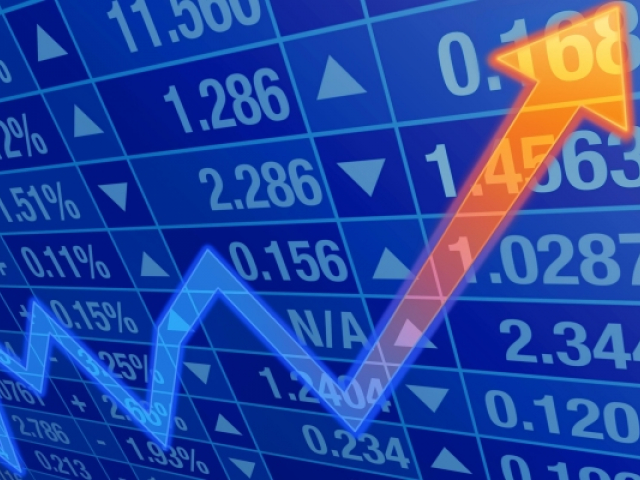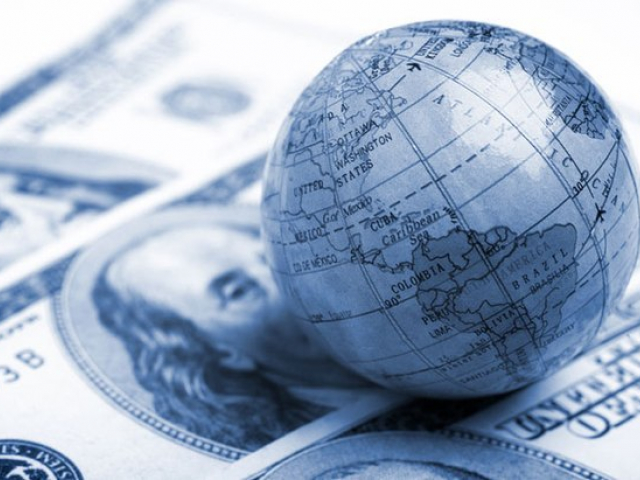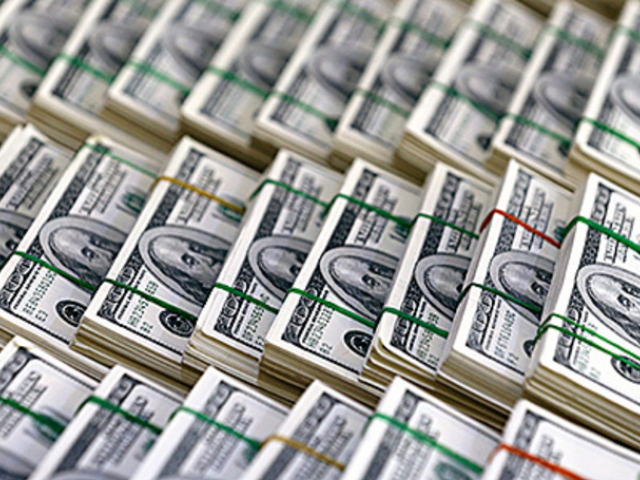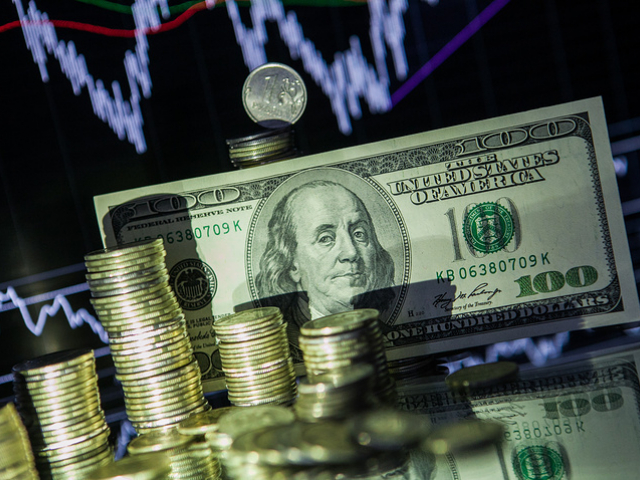
The global financial crisis took its toll for large economists and experts. They made the appropriate conclusions, noting that such events could happen again. According to Ray Dalio, the founder of the world's largest Bridgewater hedge fund, we should expect a similar crisis in the near future. He identified a number of signs reflecting it.

The prices of most assets are getting too high. At present, analysts record a similar phenomenon in the financial markets. The expert believes that according to a number of indicators, such assets are overvalued compared to other periods.

After the repeated strong growth of asset prices, the market begins to get used to this situation. It adapts to new prices, but it changes greatly. According to R. Dalio, such changes are often harmful.

In the course of changes in the global financial market, bulls are taking the lead. The analyst stresses that they have been occupying leading positions for a long time.

Most securities and cash transactions are financed by high leverage. This situation has for a long time. R. Dalio notes that the trend is becoming prevalent.

Many market participants have to invest large sums of money in forward transactions in order to protect themselves from rising asset prices. Such a tactic is a necessary measure, and the expert believes that in the long term, it will not lead to anything good.

The expert considers an arrival of a large number of new customers to the market to be a positive development. However, there is a downside: new market participants can not always consider what the consequences of their actions will be. They often open unprofitable deals and lose profits. Their ineffective decisions confuse the market, leading to the future formation of a financial bubble.

The expert is sure that stimulative policy of the financial regulator results in “overheating" of the market. Such actions contribute to the emergence and growth of the financial bubble. At present, as R. Dalio emphasizes, this can be illustrated using the case of the Federal Reserve System (FRS) of the United States, whose intervention focuses on stimulating monetary policy.
 English
English 
 Русский
Русский Bahasa Indonesia
Bahasa Indonesia Bahasa Malay
Bahasa Malay ไทย
ไทย Español
Español Deutsch
Deutsch Български
Български Français
Français Tiếng Việt
Tiếng Việt 中文
中文 বাংলা
বাংলা हिन्दी
हिन्दी Čeština
Čeština Українська
Українська Română
Română
